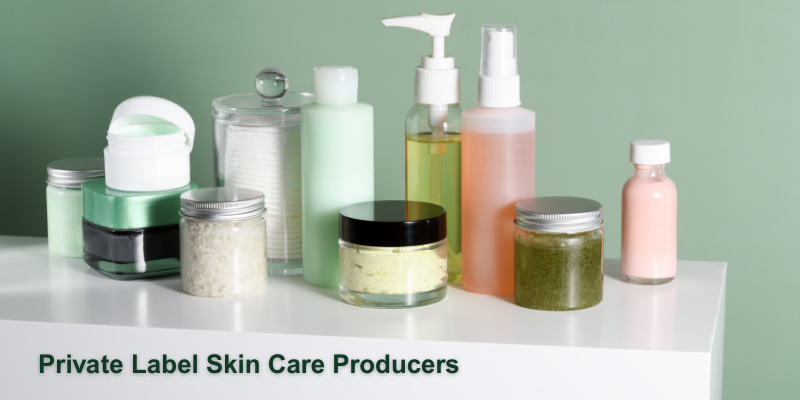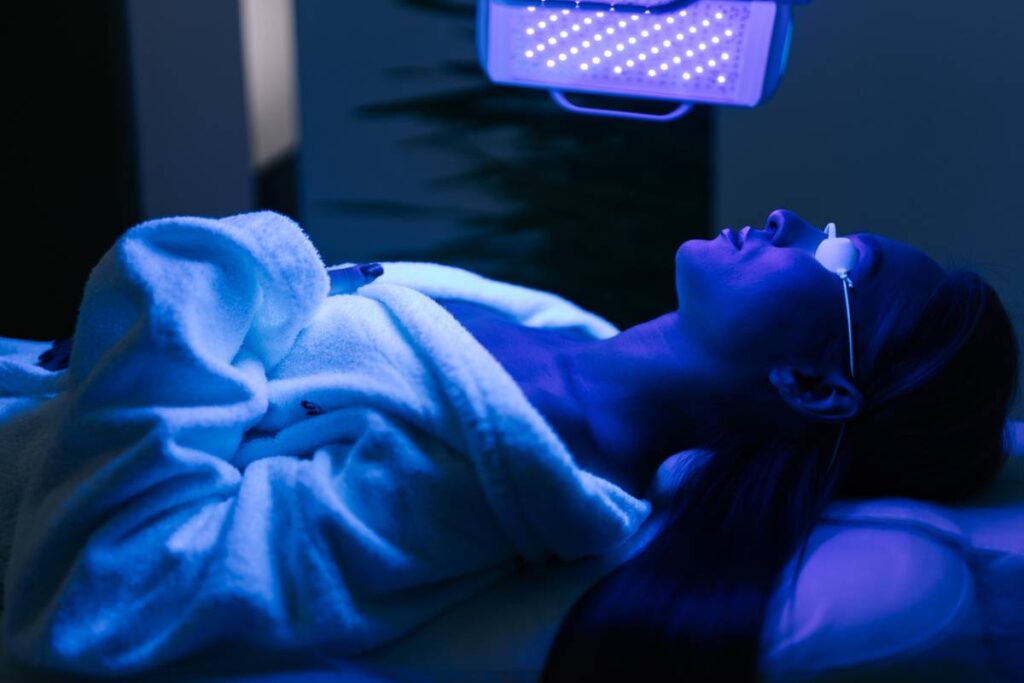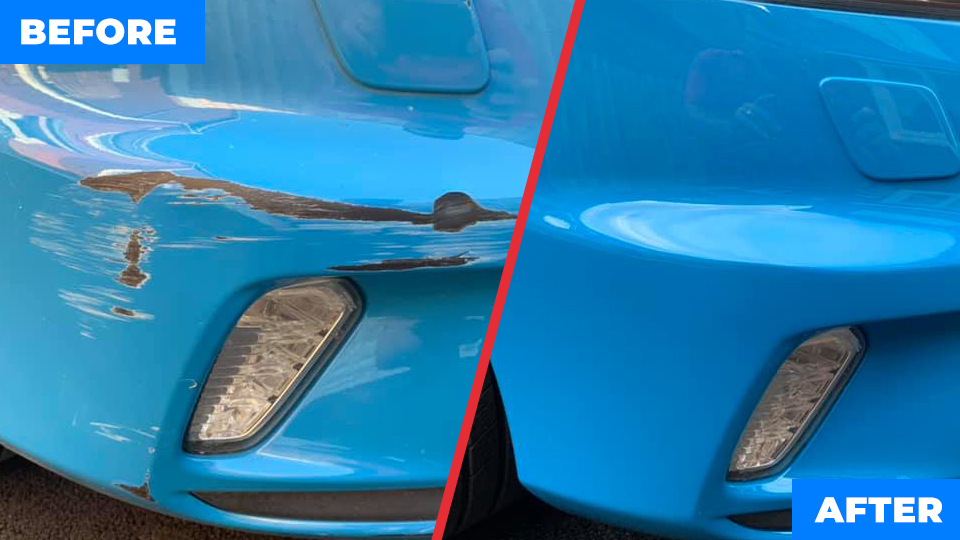Alcohol Detox: What to Expect and How to Do It Safely

Questions Answered in This Article:
- Why Do People Develop Alcohol Dependence?
- What Is Alcohol Detox?
- How Long Does It Take to Detox From Alcohol?
- How to Manage Symptoms During Detox
Deciding to stop drinking is a big step—one that can transform your life. But for many, the thought of alcohol detox can be intimidating. What will withdrawal feel like? How long will it take? Can it be done safely?
The reality is that detoxing from alcohol isn’t just about getting through withdrawal—it’s about setting yourself up for long-term recovery. While some people experience mild symptoms, others face life-threatening complications, especially if they’ve been drinking heavily for a long time. That’s why seeking help from a professional alcohol treatment center can make all the difference.
If you or someone you love is considering detox, understanding the process can help you feel more prepared and confident in taking the first step.
Why Do People Develop Alcohol Dependence?
Before diving into detox, it helps to understand why people become dependent on alcohol. Substance use disorder doesn’t happen overnight—it’s a slow process influenced by biology, mental health, and environment.
Some of the most common reasons include:
- Brain chemistry – Alcohol changes the brain’s neurotransmitters, increasing dopamine levels and reinforcing drinking as a habit. Over time, the brain relies on alcohol to feel normal.
- Genetics – If a close family member struggles with addiction, there’s a higher risk of developing alcohol dependence.
- Mental health conditions – Many people drink to cope with anxiety, depression, PTSD, or other mental health challenges.
- Environmental influences – Stress, trauma, social pressure, and family history all play a role in drinking habits.
Understanding these factors helps people see the deeper reasons behind their drinking, making it easier to commit to real recovery.
What Is Alcohol Detox?
Alcohol detox is the body’s process of eliminating alcohol and adjusting to functioning without it. However, when someone is dependent on alcohol, withdrawal symptoms can begin hours after the last drink and intensify over the next few days.
Detox is not just about getting alcohol out of your system—it’s about managing withdrawal safely. For those who drink heavily or frequently, medical supervision at a treatment facility is often the safest option.
Signs of Alcohol Detox
Alcohol withdrawal symptoms vary depending on factors like the amount of alcohol consumed, overall health, and past detox experiences. Some people experience mild symptoms, while others develop severe complications such as delirium tremens (DTs), a serious condition that can cause confusion, hallucinations, and seizures.
Common signs of alcohol detox include:
- Anxiety and restlessness
- Sweating and chills
- Nausea and vomiting
- Headaches
- Increased heart rate
- Alcohol cravings
More severe withdrawal symptoms, which often appear within 48 hours, can include:
- Tremors
- High blood pressure
- Hallucinations
- Seizures
How Long Does It Take to Detox From Alcohol?
Detoxing from alcohol is a crucial step in the recovery process, and the timeline varies depending on several factors. While every person’s experience is different, most people follow a general alcohol detox timeline:
First 6-12 Hours
Mild symptoms start, such as headaches, nausea, anxiety, and trouble sleeping.
24 Hours After the Last Drink
Symptoms intensify. Some people experience hallucinations, though they are usually not severe.
48 Hours After the Last Drink
This is the most critical period. Withdrawal symptoms peak, and the risk of seizures or delirium tremens is highest.
72+ Hours
Symptoms gradually start to fade, but psychological effects like alcohol cravings, mood swings, and difficulty sleeping can persist for weeks.
For some, detox is relatively quick, lasting about a week. Others may experience lingering withdrawal symptoms for longer.
The Best Way to Detox From Alcohol
The safest way to detox from alcohol is with medical supervision. Detoxing at home can be dangerous, especially if withdrawal symptoms become severe. A professional detox program makes sure symptoms are managed safely and effectively.
1. Medical Monitoring
Alcohol withdrawal can be unpredictable. That’s why medical professionals closely monitor symptoms and intervene if needed. Medical detox includes:
- Vital sign checks to track blood pressure, heart rate, and temperature.
- Monitoring for serious symptoms like seizures or hallucinations.
- IV fluids if dehydration becomes an issue.
- Emergency care if delirium tremens or other severe complications occur.
2. Medication-Assisted Treatment (MAT)
Doctors may use medications to reduce withdrawal symptoms and alcohol cravings, making detox safer and easier. Some common medications include:
- Benzodiazepines (like Valium or Ativan) to reduce anxiety and prevent seizures.
- Beta-blockers to help control heart rate and blood pressure.
- Naltrexone, acamprosate, or disulfiram (after detox) to prevent relapse.
3. Hydration and Nutrition
Long-term drinking depletes essential vitamins and minerals, making withdrawal symptoms worse. Eating well and staying hydrated can help with recovery.
- Electrolytes help balance fluids, especially if vomiting or sweating is severe.
- Nutrient-rich foods support liver function and blood sugar stability.
- Vitamins like B1, folic acid, and magnesium help the body heal faster.
4. Emotional and Psychological Support
Detox isn’t just physical—it’s also mental and emotional. Many people feel anxiety, depression, or mood swings during withdrawal. A comprehensive detox program includes:
- One-on-one counseling to help process emotions.
- Group support to encourage connection and motivation.
- Coping strategies to handle stress and cravings
By addressing both physical and emotional needs, medical detox prepares individuals for lasting recovery.
Outpatient Treatment
Outpatient detox is ideal for those with mild withdrawal symptoms and a stable home environment. It allows individuals to continue their daily responsibilities while receiving medical care and support.
- Ideal for those with mild withdrawal symptoms and a strong support system.
- Allows individuals to continue daily responsibilities while attending treatment sessions.
- Typically includes medical check-ins, counseling, and medication management.
Inpatient Detox
For those with a history of severe withdrawal symptoms, heavy alcohol use, or past relapses, inpatient detox is the safest option. This level of care provides 24/7 medical supervision, ensuring any complications—like seizures or delirium tremens—are managed immediately.
- Recommended for those with a history of severe withdrawal symptoms or previous relapses.
- Provides 24/7 medical supervision to manage complications like delirium tremens.
- Often followed by inpatient rehab to ensure long-term recovery.
How to Manage Symptoms During Detox
Alcohol withdrawal can be challenging, even in a medical setting. Symptoms like nausea, anxiety, headaches, and alcohol cravings can make the process feel overwhelming.
Here are some of the most effective ways to ease withdrawal symptoms during alcohol detox:
- Hydration – Drinking plenty of fluids helps combat dehydration, which can worsen headaches, nausea, and fatigue. Proper hydration also supports the body’s natural detoxification process.
- Nutritious Meals – Alcohol depletes essential vitamins and minerals, so eating nutrient-rich foods helps replenish the body and improve energy levels. Foods rich in B vitamins, magnesium, and antioxidants are especially beneficial.
- Rest and Relaxation – Sleep is essential for healing, but withdrawal can make it difficult to rest. Practicing relaxation techniques, such as deep breathing or mindfulness, can help improve sleep quality and reduce stress.
- Medications – In some cases, medical professionals prescribe medications to manage severe withdrawal symptoms, such as anxiety, seizures, or intense alcohol cravings. This makes the detox process safer and more comfortable.
By taking care of the body with hydration, nutrition, rest, and medical support, individuals going through detox can reduce discomfort and improve their chances of a successful recovery. While withdrawal symptoms can be difficult, they are temporary, and professional support can make the process much more manageable.
Addressing Mental Health Challenges During Detox
Alcohol dependence is often linked to mental health issues like depression and anxiety. Without proper support, people may struggle with intense emotions during detox.
Some common mental health challenges during detox include:
- Anxiety and panic attacks
- Depression and mood swings
- Irritability and agitation
Addressing these challenges early on through therapy, medication, or outpatient programs can improve the chances of long-term success.
Post-Detox Treatment Options
Detox is just the first step in overcoming alcohol dependence. To maintain long-term sobriety, it’s essential to follow up with treatment that addresses the root causes of addiction.
Here are some of the most effective post-detox treatment options:
- Rehab centers – These facilities provide structured programs that include therapy, counseling, and relapse prevention.
- Outpatient programs – Ideal for those who have completed detox but still need support while transitioning back to daily life.
- Support Groups – Programs like Alcoholics Anonymous (AA) offer ongoing peer support to help maintain sobriety.
- Therapy and Counseling – Many people struggling with substance abuse also have underlying mental health conditions that need to be addressed for long-term recovery.
Choosing the right post-detox treatment is essential for sustained recovery. With the right support, individuals can move forward with confidence, develop healthier coping mechanisms, and build a fulfilling, alcohol-free life.
Choosing the Right Alcohol Detox Program
Finding the right treatment facility can make all the difference in achieving a successful recovery. A quality detox program should offer:
- Medical supervision to handle withdrawal safely
- Customized treatment plans tailored to individual needs
- Therapy and counseling for long-term support
- Aftercare planning to prevent relapse
At Scottsdale Detox, we provide comprehensive, medically supervised detox services to help individuals begin their recovery journey in a safe, supportive environment.
Find Alcohol Detox Near Me
If you or a loved one is struggling with alcohol dependence, professional detox is the safest way to begin recovery. Withdrawal can be unpredictable, and detoxing alone can be both physically and emotionally challenging. A trusted detox program provides the medical care needed to manage symptoms and prevent complications.
At Scottsdale Detox, we offer medically supervised alcohol detox in a safe, supportive environment. Our experienced team provides 24/7 care and personalized treatment to help you through withdrawal comfortably.
Don’t face detox alone—get the expert support you need. Contact Scottsdale Detox today at (480) 646-7660 or email us at contact@scottsdaleazdetox.com to start your recovery.




























































































































































































































































































































































































































































































































































































































































































































































































































































































































































































































































































































































































































































































































































































































































































































































































































































































































































































































































































































































































































































































































































































